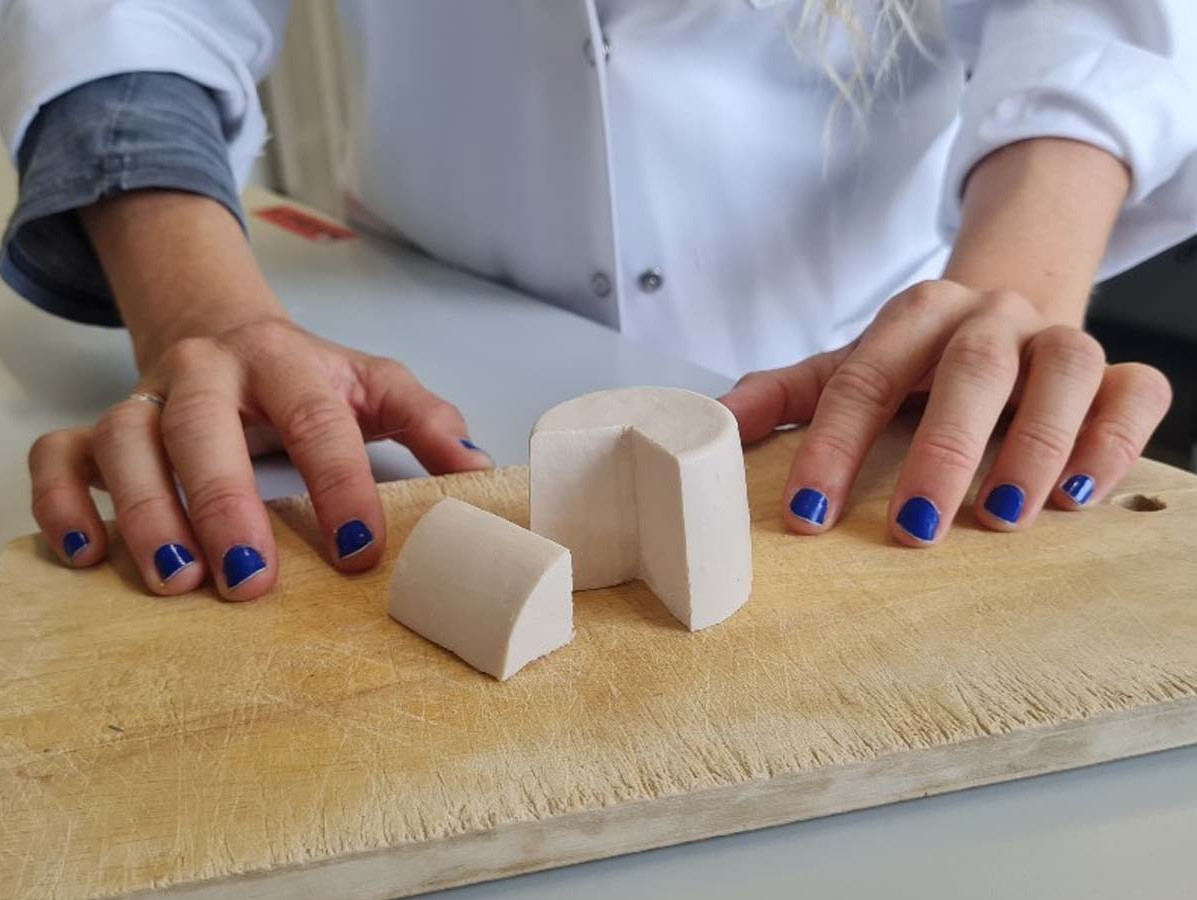
Imagine biting into a cheese that's not only delicious but also sustainable, made entirely from plants. Thanks to the innovative techniques adopted by scientists at the University of Copenhagen, this dream is becoming a reality. Using ancient fermentation methods, researchers have taken a leap forward in creating a plant-based cheese that could rival its dairy counterpart.
For the average Dane, indulging in thirty kilos of cheese annually is routine. Yet, as the world grapples with increasing environmental concerns, there's an urgent need to shift our food habits to more sustainable, plant-based alternatives. The mission? Convert nutrient-rich plants like peas and beans into mouth-watering non-dairy cheeses, mirroring the delectable dairy cheeses that have been cherished for millennia.
While some plant-based cheeses have made their way to the market, they often fall short in replicating the unique texture and taste of dairy cheese, primarily because plant proteins behave differently than milk proteins. Commonly, manufacturers incorporate starch or coconut oil to give plant cheeses firmness, and a concoction of flavourings to mimic the traditional cheese taste.
Enter fermentation, nature's wondrous process, employed in cheese-making for ages. Carmen Masiá, a researcher at the University of Copenhagen, made a groundbreaking discovery: using bacteria in the fermentation process, yellow pea protein can be transformed into a plant-based cheese with enhanced texture and aroma. The culmination of this research resulted in a "cheese-like gel" within just eight hours, resembling a soft white cheese, without adding starch or coconut oil.
However, the journey isn't over. For the plant-based cheese to stand shoulder-to-shoulder with dairy cheese, it needs refinement. Perfecting the flavor, developing tailored bacterial compositions, and perhaps even a maturation process, are on the horizon. As Masiá highlights, the final test rests with consumers. The essence lies not just in sustainability or nutrition, but in crafting a delightful eating experience.
Masiá remains hopeful: "Although replicating the intricacies of dairy cheese is challenging, we're making strides. In a few years, we hope to offer non-dairy cheeses that truly satiate the palate."
This pioneering research, a collaboration between the Department of Food Science and Chr. Hansen, marks a significant step towards revolutionizing the cheese industry.
Source: University of Kopenhagen